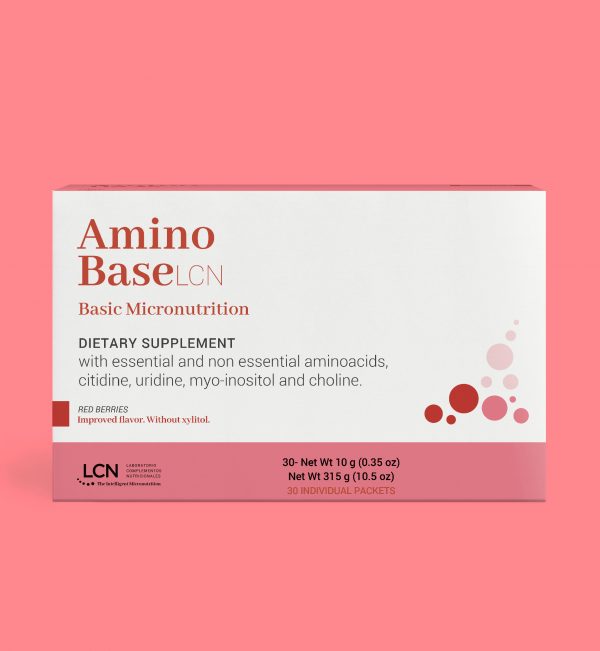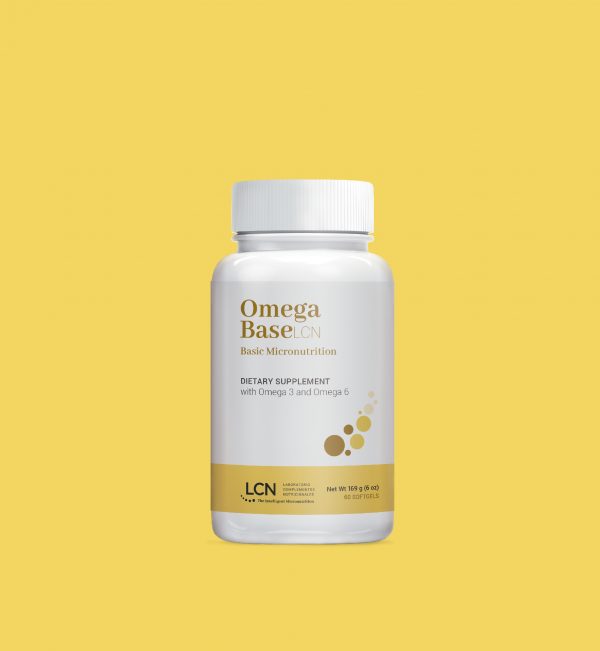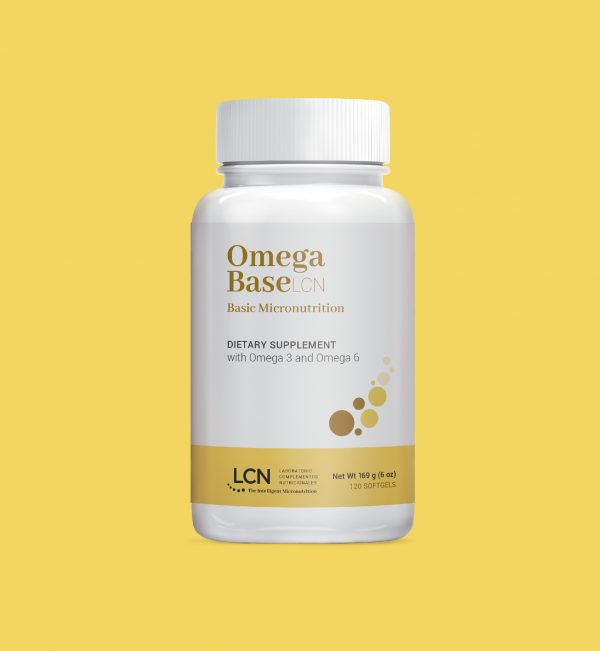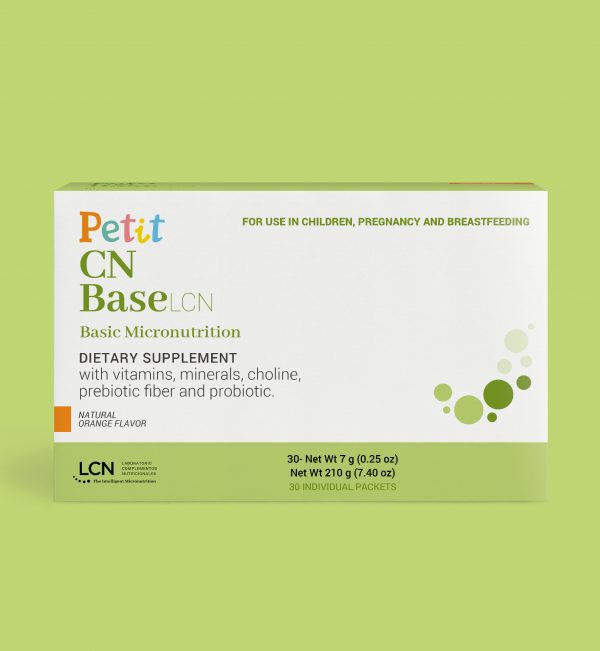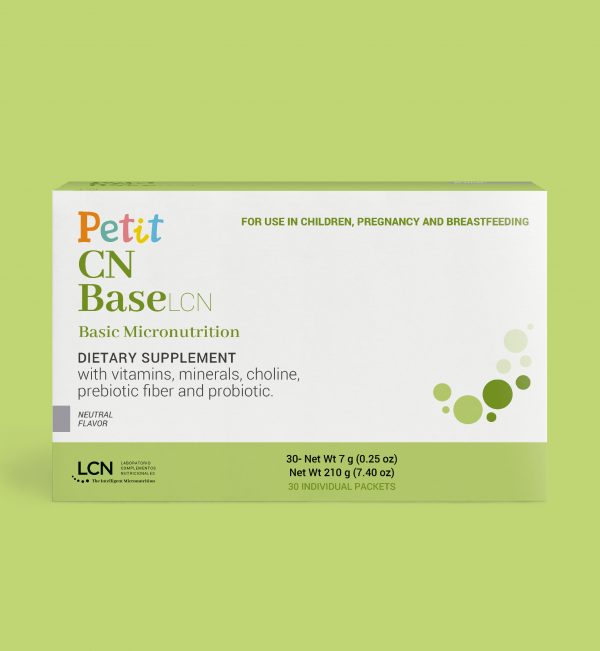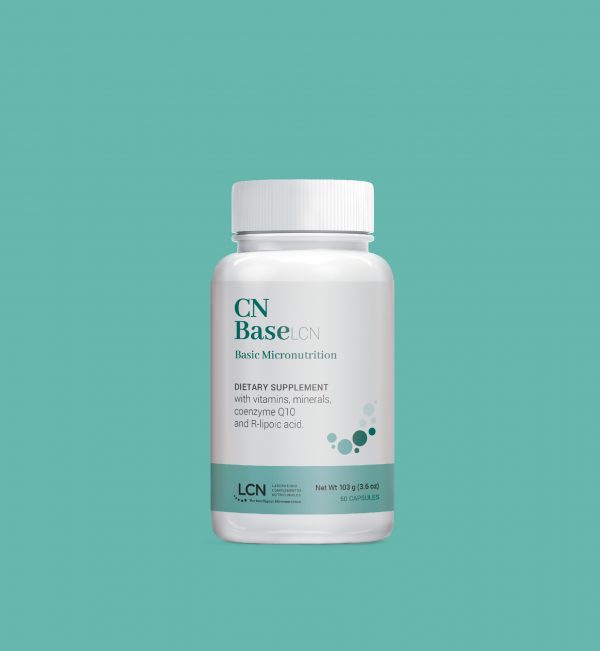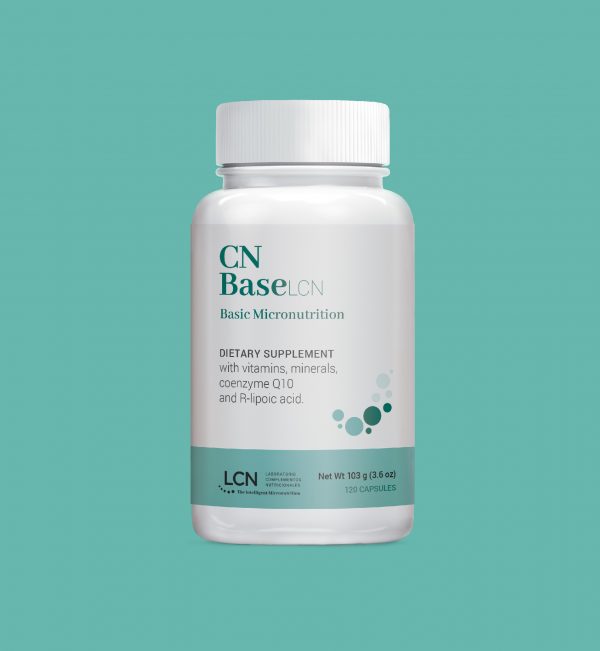Selenium
What is it?
Selenium an essential mineral and a basic micronutrient for the body’s antioxidant system.
Selenium contributes to the following:
- Normal spermatogenesis.
- Maintaining hair and nails in normal condition.
- Normal functioning of the immune system.
- Protecting cells from oxidative damage.
- Normal thyroid function.
Selenium supplementation
Selenium can be supplemented using inorganic forms such as sodium selenite, which has lower protein binding but greater safety in terms of long-term supplementation. Organic forms of selenium like L-selenomethionine or selenium-enriched yeast supply organic forms, which bioaccumulate more rapidly. Depending on the dose administered, plasma levels should be monitored.
Foods with selenium
Dietary selenium comes from nuts, grains, meat, fish, and eggs. Brazil nuts are the richest dietary source. In descending order by concentration, the highest levels are found in kidneys, tuna, and crab and lobster meat (Anonymous; Barclay, MacPherson et al).
Foods with trace elements
The foods that contain the most trace elements (zinc, selenium, chromium, copper, manganese, and molybdenum):
- Nuts (all types).
- Wholegrain cereals.
Dietary selenium comes from nuts, grains, meat, fish, and eggs. Brazil nuts are the richest dietary source. In descending order by concentration, the highest levels are found in kidneys, tuna, and crab and lobster meat (Anonymous; Barclay, MacPherson et al).
Foods with zinc. The highest concentrations of zinc are found in red meats, particularly beef and lamb, and in the livers of these animals.



